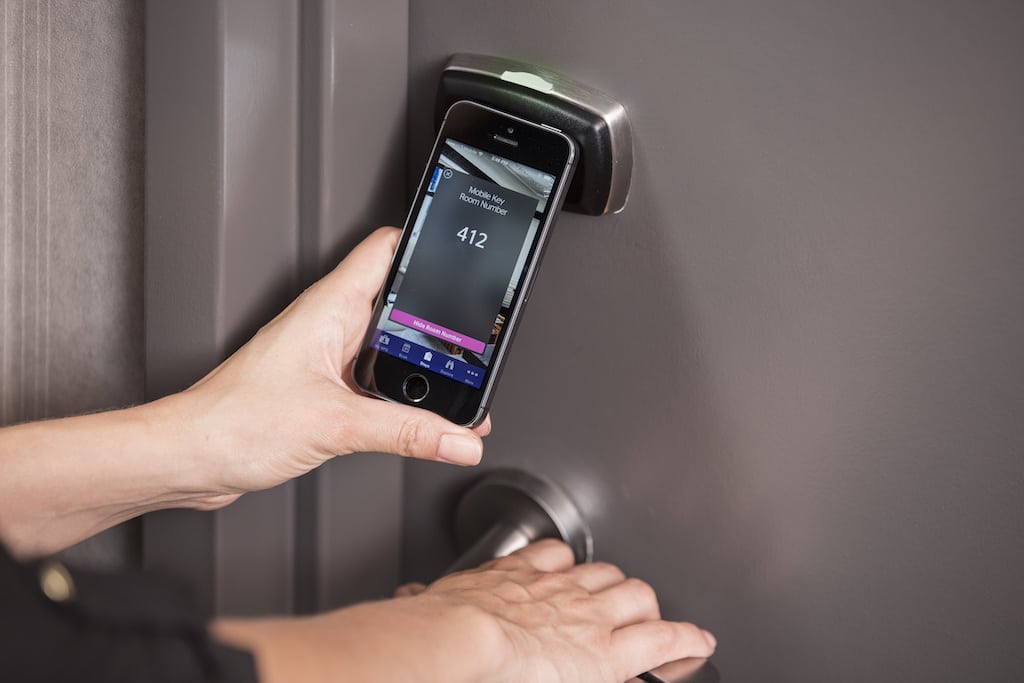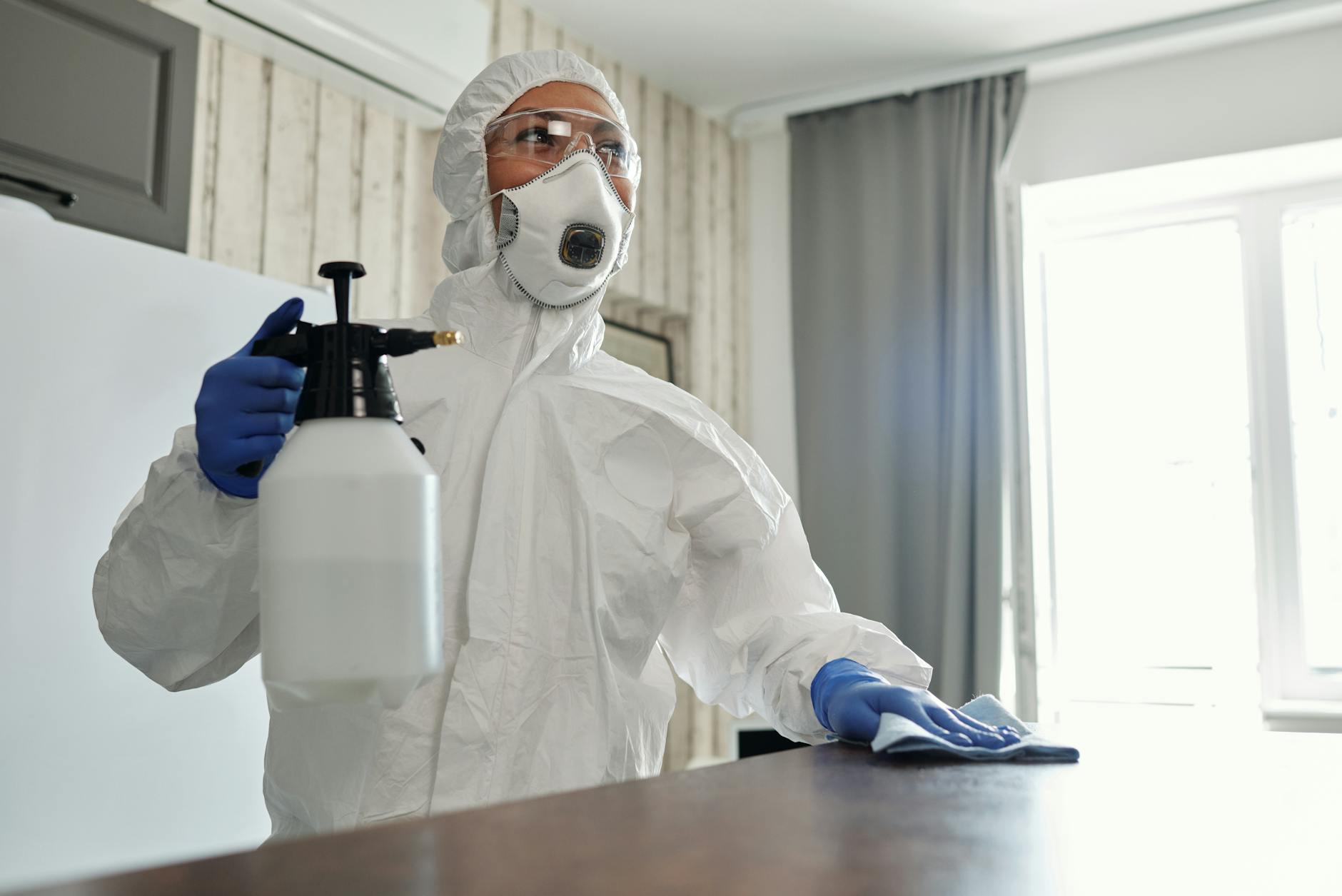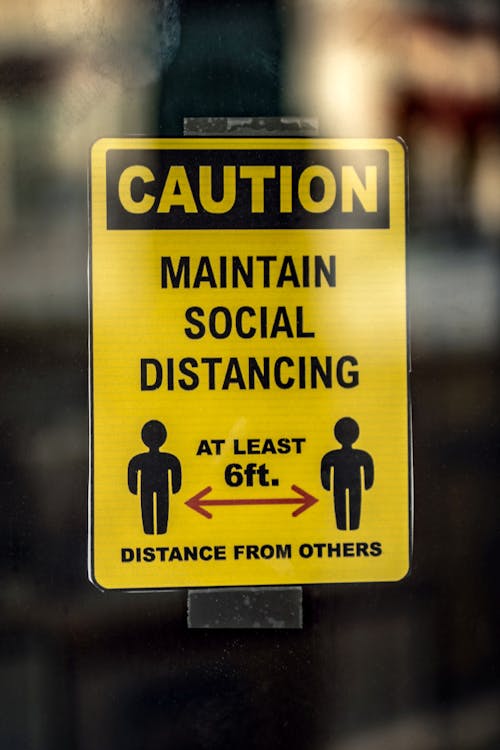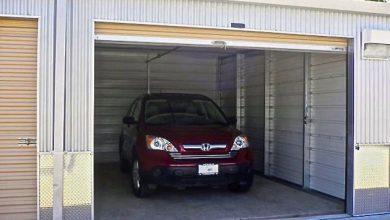7 Safety Protocols You Should Be Looking For When Booking Hotels This 2021

The pandemic has changed the way we travel, and that includes our needs and preferences in the hotel properties we book. Pre-pandemic, we hunt for hotel deals that will give a bang for our buck. We’re talking about discounted rates and freebies while enjoying luxurious amenities and prime locations. Today, our travel choices are mostly grounded on health, safety, and peace of mind. We’re more health-conscious (and germ-conscious!) than ever.
Recent travel articles stress the importance of choosing a hotel that COVID-19 seriously. The health and safety of their guests and employees should be their highest priority, and this will reflect on the measures they’re taking. The question is, what are the protocols and procedures that make a hotel an ideal choice?
If you’re planning to book a hotel this 2021, here are the measures you should be looking for:
1. Contactless check-in and check-out

Hotels are adapting to the “new normal” with innovative solutions and procedures that encourage contactless transactions. Keyless check-in or mobile check-in is one of them.
Some hotels eliminate queuing and touchpoints by pre-registering all guests and sending the room key (some kind of encrypted code) directly to their smartphones. With this, guests can bypass reception and head directly to their room, which will unlock upon holding their phone near the hotel room door.
These smart technologies are not for everyone, and some guests still prefer traditional check-in procedures. But having a contactless option in place is a great move to win the trust and loyalty of guests.
2. Disinfection and sanitation measures

Sure, that boutique hotel in Ostend Belgium has IG-worthy interiors and breathtaking balcony views. But is it a “five-star” when it comes to their disinfecting measures?
From disinfecting the rooms and public areas to providing communal sanitizers, hotels should be taking a few steps to limit contamination.
- Provision of hand sanitizers in public areas. Other hotels take it up a notch with sensor taps and touch-free sanitizers to limit contact.
- Increased frequency of cleaning in public areas including the elevators, lobbies, handles, and bathrooms,
- Regular cleaning of high-touch areas
- Disinfecting of hotel shuttle services after each trip
- Deep-cleaning of hotel rooms immediately after departure.
- Usage of hospital-grade products from trusted suppliers.
- PPE is worn based on job-specific risk assessments.
- Limiting the number of non-essential furnishings and decorative elements
3. Contingency plan for symptomatic guests and employees
There’s more to COVID-19 prevention than mandatory temperature checks. Good hotels take the following measures to limit transmission:
- Completion of the health declaration forms
- Contact tracing measures
- Briefing and training each staff member on ways to approach unwell or self-isolating guests.
4. Ventilation and airconditioning

Overcleaning is not just unnecessary — it can be hazardous too, as doctors warn about the pitfalls of inhaling strong disinfectants, especially in a cramped space. Credible hotels know this, so they consider in-room ventilation to be as important as their disinfecting measures.
If you’re booking a hotel, look for properties that have increased natural ventilation. See if they have balcony doors and openable windows so you can air out the room.
5. Social distancing protocols

By now, everyone knows the golden rule of social distancing: staying at least 6 feet from others. We know the drill, but hotels should also be taking the necessary steps to make it possible.
- Having signages in place to remind everyone of the basic etiquette on social distancing, masking, and respiratory hygiene.
- Making face masks mandatory
- Rearranging the layout of their communal areas to expand and allow more open spaces.
- Limiting the number of people in certain areas like the elevator, lobby, pool area, and restaurant.
- Limiting the entry of housekeeping staff to clean the hotel room.
- Requiring advanced reservations for guests who are planning to use the swimming pools, gyms, and spas to limit the crowd.
6. Updated regulations on food and dining

We hate to say this but buffet services are suspended as we speak. Hotels, however, are taking extra steps to give you delicious meals without risking infection.
- Offering packaged food you can enjoy in your room, throughout the hotel, or even outdoors if you please.
- Having al-fresco dining options in their in-house restaurant for guests who want to dine traditionally.
- Developing an app that’s integrated with reservations and billing systems. This allows you to conveniently and contactlessly book your meals, drinks, and other requests.
7. Flexible cancellation policies
The COVID-19 situation around the world is ever-evolving. The local travel industry might be okay today but might ban flights and other forms of movement once the cases surge. Worse, if the current situation hits home, forcing you to cancel your plans. The last thing you want is to pay for a hotel stay you can’t use because it’s not cancellable or refundable.
Aside from the health and safety protocols in the hotel property, the best hotels are the ones with flexible cancellation policies. This includes allowing changes (like rebooking) or cancellation without penalty up to 24 hours prior to arrival. Patronise hotels that provide more flexibility and peace of mind.
Author Bio: Carmina Natividad is a passionate content writer who loves traveling, discovering new food, taking photos, and of course, writing. She’s got a lot to say about travel, dining, cultural appreciation and lifestyle. To know more about hotel and tourism tips, you may visit Leopold Hotel Ostend.





